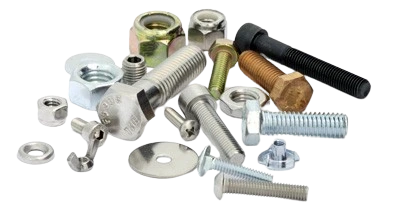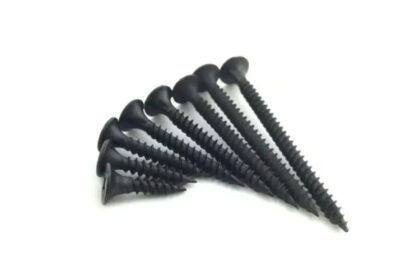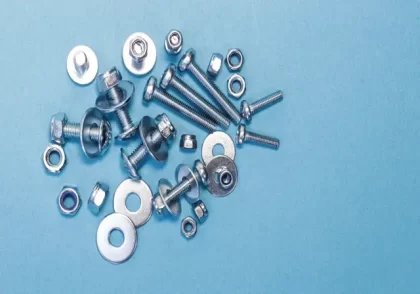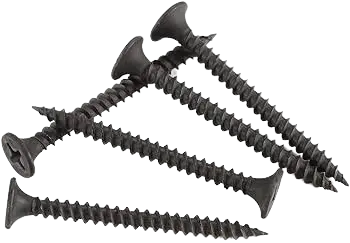Which Material to Choose for Your Fasteners Needs?
Selecting the Right Material for Durable and Reliable Fasteners

Fasteners play very important role in construction and manufacturing, holding together the structures and products that surround us. Whether you are working on a DIY project or overseeing a large-scale industrial operation, the choice of fastener material is crucial for ensuring the longevity and strength of your assemblies. In this blog, we will explore various materials commonly used for fasteners, providing you with the information needed to make an informed decision.
Understanding the Basics
Fasteners come in a variety of shapes and sizes, each designed for specific applications. Before exploring into materials, it's essential to have a basic understanding of the types of fasteners available, including screws, bolts, nuts, and washers. These components work together to create stable connections in diverse environments, from woodwork to heavy machinery.
Common Fastener Materials
Steel: The Versatile Choice
Steel is one of the most commonly used materials for fasteners due to its versatility and strength. It comes in various grades, each offering different levels of corrosion resistance and tensile strength.
Ideal Applications: Steel fasteners are suitable for a wide range of applications, including construction, automotive, and machinery.
Stainless Steel: Corrosion Resistance
Stainless steel is an alloy of steel with chromium, providing excellent resistance to corrosion. This makes it ideal for applications where exposure to moisture or harsh weather conditions is a concern.
Ideal Applications: Outdoor construction, marine environments, and food processing industries often benefit from the corrosion-resistant properties of stainless steel fasteners.
Aluminum: Lightweight and Corrosion-Resistant
Aluminum fasteners are lightweight and offer good corrosion resistance, making them suitable for applications where weight is a critical factor or where exposure to moisture is a concern.
Ideal Applications: Aerospace, automotive, and outdoor furniture industries commonly use aluminum fasteners.
Brass: Aesthetic Appeal and Corrosion Resistance
Brass fasteners combine an attractive appearance with corrosion resistance. They are often chosen for applications where aesthetics are important.
Ideal Applications: Decorative elements, musical instruments, and electrical components frequently use brass fasteners.
Choosing the Right Material for Your Application
Selecting the appropriate material for your fasteners depends on various factors, including the environment, load requirements, and aesthetic preferences. Consider the following tips when making your decision:
Corrosion Resistance: If your project involves exposure to moisture or harsh weather conditions, prioritize materials with excellent corrosion resistance, such as stainless steel or aluminum.
Strength Requirements: Assess the load-bearing requirements of your application to determine the tensile strength needed. Steel and stainless steel are known for their high strength, making them suitable for heavy-duty applications.
Aesthetics: In cases where appearance matters, materials like brass or stainless steel with a polished finish may be preferred for their visual appeal.
Conclusion
Choosing the right material for your fasteners is a critical decision that directly impacts the performance and longevity of your projects. By considering factors such as corrosion resistance, strength requirements, and aesthetics, you can confidently select the ideal material for your specific application. Whether you're building a deck, assembling machinery, or working on a creative DIY project, the right choice of fastener material ensures a reliable and enduring outcome.
For more information on this blog or to learn more about fasteners, feel free to contact us. Termscript Fasteners, as leading fasteners manufacturers in Pune, our dedicated team is ready to guide you.


